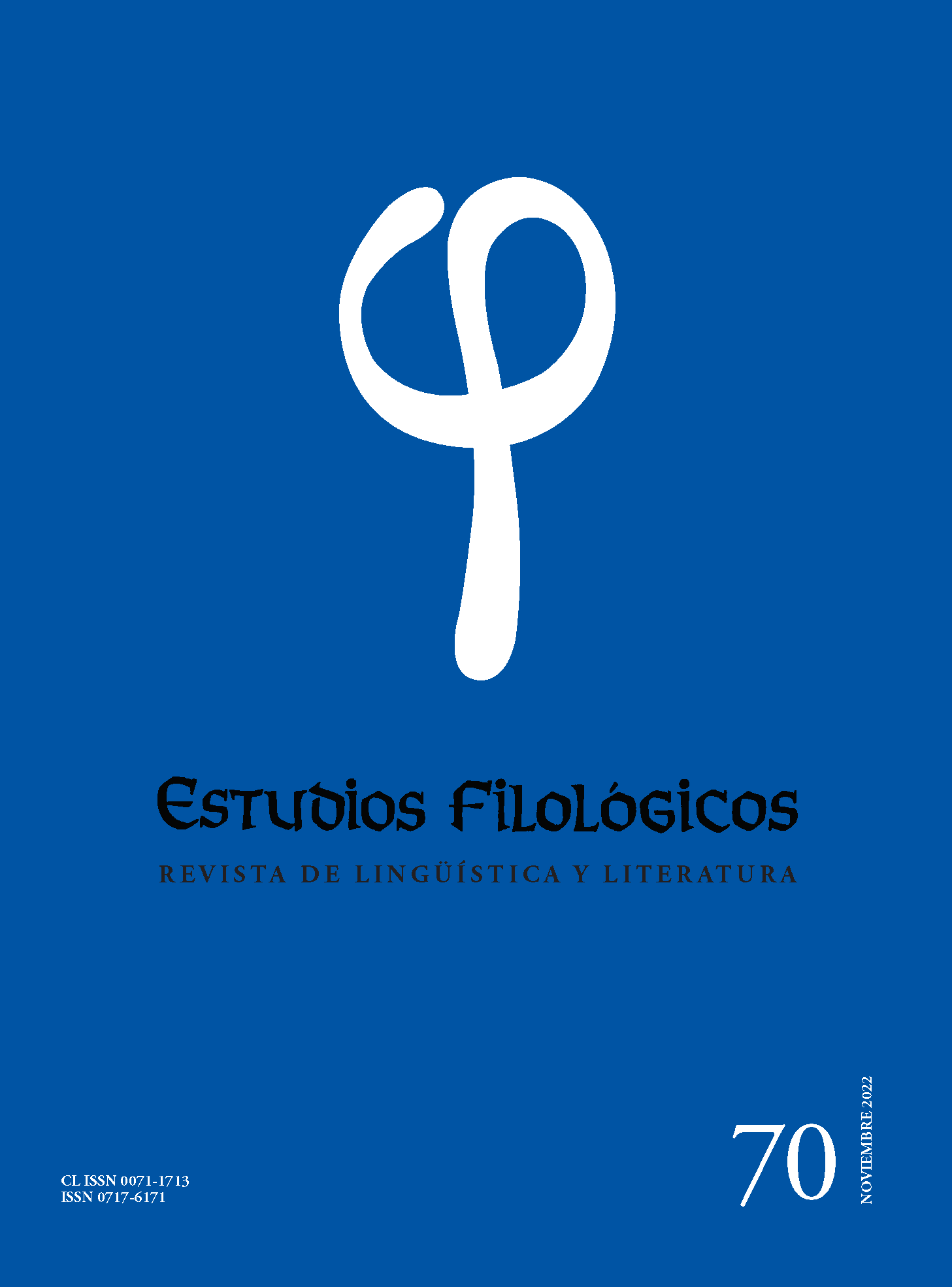The exuberance of silence. Approaches to The passion according to G.H. (1964) by Clarice Lispector
Main Article Content
Abstract
The critical conscience of the writer towards the language at his disposal does not threaten writing, on the contrary, it drives it towards its limit. Modern literature shows us that this process can follow very different paths. One of them is negativity -the sustained denial of the attributes of discursive language-, which, as this article proposes, is the path followed by Clarice Lispector in The Passion According to G.H. The first part of the study inquires about this point: how is negativity materialized in the text? What language strategies are identified with it?
Certainly, negative strategies have a clear destiny in this work. Lispector explicitly indicates it: silence. From here arises the second dimension of this article, which is articulated around the following questions: what is the nature of the silence to which Lispector’s writing aspires?, what meanings does it contain?, what dimensions of experience are associated with it?

